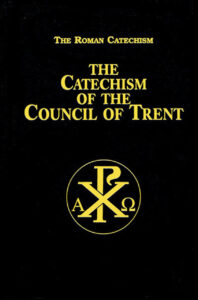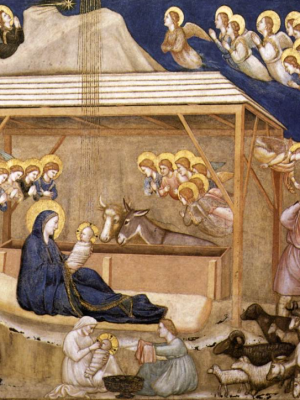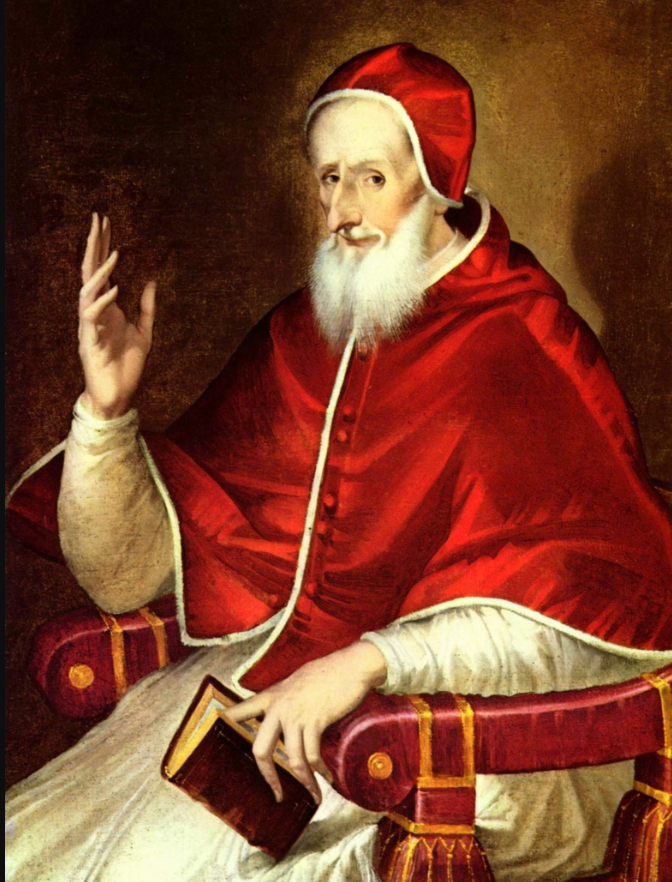In The Incarnation Some Things Were Natural, Others Supernatural
In this mystery we perceive that some things were done which transcend the order of nature, some by the power of nature. Thus, in believing that the body of Christ was formed from the most pure blood of His Virgin Mother we acknowledge the operation of human nature, this being a law common to the formation of all human bodies, that they should be formed from the blood of the mother.
But what surpasses the order of nature and human comprehension is, that as soon as the Blessed Virgin assented to the announcement of the Angel in these words, Behold the handmaid of the Lord; be it done unto me according to thy word (Luke 1:38), the most sacred body of Christ was immediately formed, and to it was united a rational soul enjoying the use of reason; and thus in the same instant of time He was perfect God and perfect man. That this was the astonishing and admirable work of the Holy Ghost cannot be doubted; for according to the order of nature the rational soul is united to the body only after a certain lapse of time.
Again—and this should overwhelm us with astonishment—as soon as the soul of Christ was united to His body, the Divinity became united to both; and thus at the same time His body was formed and animated, and the Divinity united to body and soul.
Hence, at the same instant He was perfect God and perfect man, and the most Holy Virgin, having at the same moment conceived God and man, is truly and properly called Mother of God and man. This the Angel signified to her when he said: Behold thou shalt conceive in thy womb, and shalt bring forth a son; and thou shalt call his name Jesus. He shall be great, and shall be called the Son of the Most High. (Luke 1:31–32). The event verified the prophecy of Isaias: Behold a virgin shall conceive, and bear a son. (Is. 7:14). Elizabeth also declared the same truth when, being filled with the Holy Ghost, she understood the Conception of the Son of God, and said: Whence is this to me, that the mother of my Lord should come to me? (Luke 1:43).
As the body of Christ was formed of the pure blood of the immaculate Virgin without the aid of man, as we have already said, and by the sole operation of the Holy Ghost, so also, at the moment of His Conception, His soul was enriched with an overflowing fullness of the Spirit of God, and a superabundance of all graces. For God gave not to Him, as to others adorned with holiness and grace, His Spirit by measure, as St. John testifies (John 3:34), but poured into His soul the plenitude of all graces so abundantly that of his fullness we all have received. (John 1:16).
Although possessing that Spirit by which holy men attain the adoption of sons of God, He cannot, however, be called the adopted son of God; for since He is the Son of God by nature, the grace, or name of adoption, can on no account be deemed applicable to Him.
This article is taken from a chapter in The Catechism of the Council of Trent by Pope St. Pius V, which is available from TAN Books.








